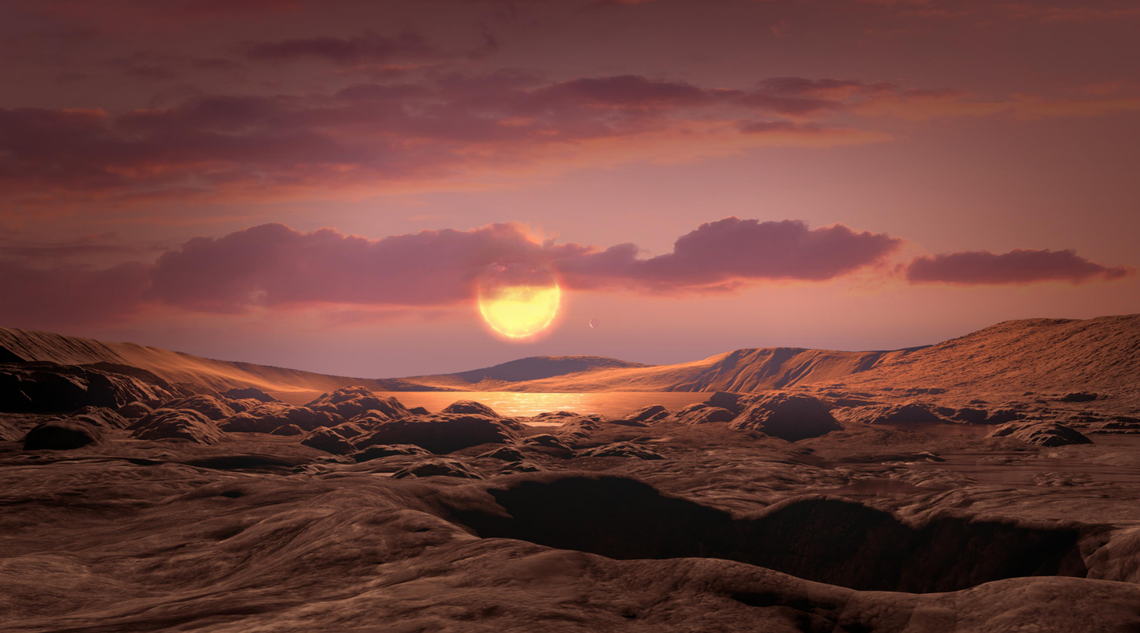[ad_1]
“New World Found: A Home Away From Earth 31 Light-Years Away”
Astronomers recently discovered a new, Earth-like planet in the nearby cosmos. It’s only 31 light-years or about 186 trillion miles away.
By human standards, this hardly seems a short distance. If a jet could fly that far, it would take 40 million years to travel. But given the vastness of space, the new planet, named Wolf 1069 b, is practically our neighbor. And given its obviously habitable conditions, it could be our home sometime in the distant future.
The promising orb was discovered by astronomers at a Spanish observatory as part of a long-running project dedicated to finding planets around 300 dwarf stars, according to a press release from the Max Planck Institute for Astronomy.
Of the approximately 5,000 known exoplanets, or planets outside our solar system, Wolf 1069 b has emerged as one of the few that astronomers say could potentially host life.
Several key features make the planet stand out for observers. First, it contains roughly the same mass as Earth, a rare property. Less than 2 percent of known exoplanets are less than twice Earth’s mass, astronomers said.
In addition, Wolf 1069 b is within the circumstellar habitable zone, a distance from a star at which liquid water can exist on the planet’s surface. Liquid water is critical to carbon-based life as we know it, according to NASA.
Still, Wolf 1069 b, which appears to be the only planet in its solar system, differs from Earth in several ways. It orbits its star much closer than Earth orbits the Sun, but its star emits less radiation and is therefore cooler.
And unlike our 365-day year, Wolf 1069 b makes a full revolution around its star in just 15.6 days.
Also, like our moon, its rotation appears to be tidal, meaning only one side faces the star at a time and receives sunlight.
“As a result, potentially habitable conditions only occur in a limited area on the planet’s dayside,” astronomers wrote.
“Apart from perpetual day on the one hand and perpetual night on the other, the temperature difference would most likely lead to enormous winds in the atmosphere. Not really comfortable for your daily walk,” said Dr. Martin Kürster, an astronomer involved in the discovery, told McClatchy News. “Honestly, I wouldn’t like that.”
But despite some of its key differences from Earth and because of its promising properties, further study of Wolf 1069 b and other planets like it is crucial, astronomers said.
However, it will likely be at least a decade before further observations, including searches for biomarkers, of the “lonely” planet can be made, astronomers said. And the idea of going to Wolf 1069 b, habitable as it may be, is firmly settled in the realm of science fiction right now.
The core of the earth could reverse its rotation. It “won’t affect our daily lives,” says the expert
A doomed star being swallowed up by a black hole produces an ‘incredibly bright’ flash, researchers say
“Like the apocalypse”: Videos show devastation after major earthquakes in Turkey, Syria
[ad_2]
Don’t miss interesting posts on Famousbio
